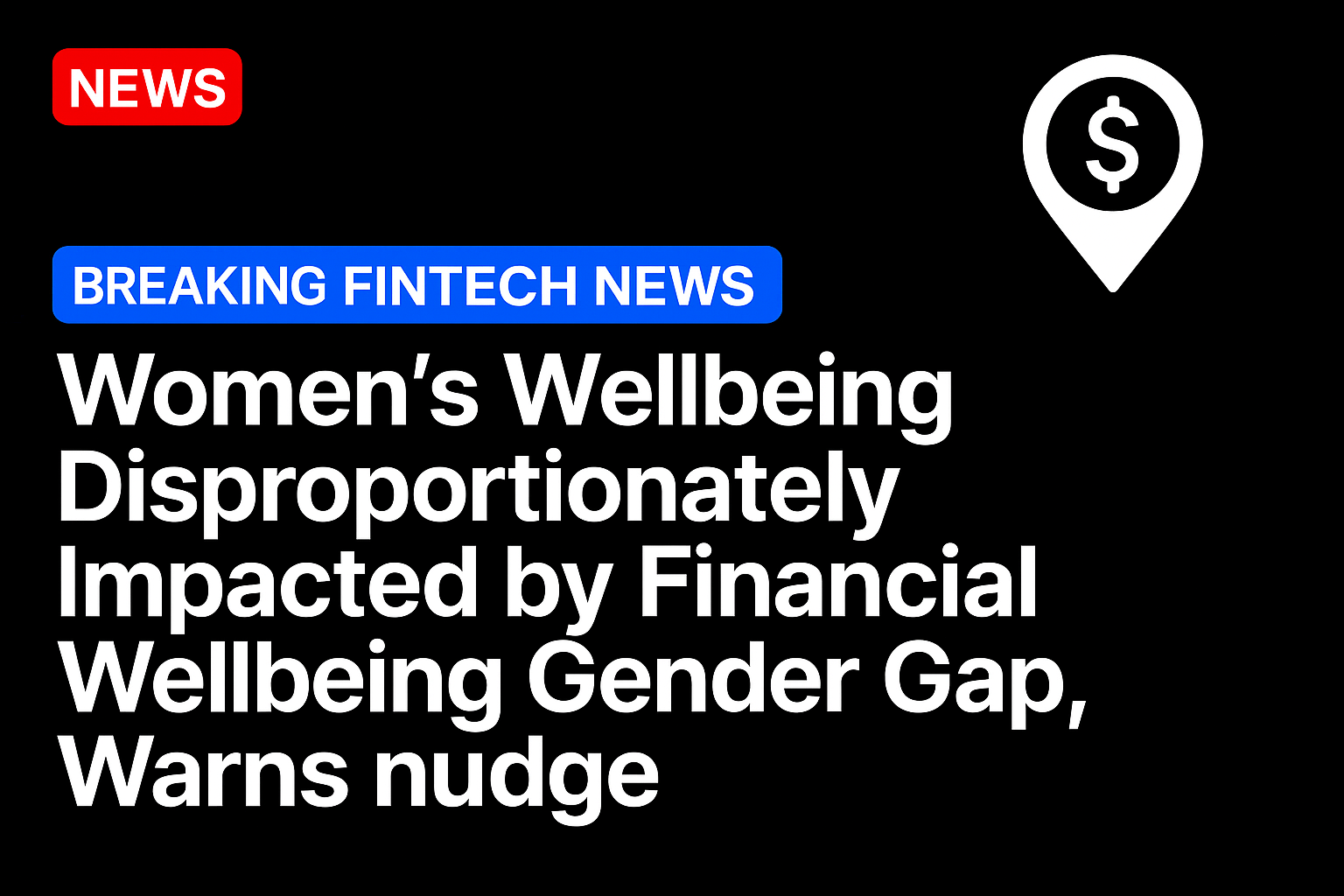Women are also significantly more likely than men to report poor financial health (25 per cent vs 18 per cent), according to new findings from the financial wellbeing platform nudge.
In its new 2025 Global Financial Wellbeing Report, which surveyed 11,500 employees across 17 countries, nudge reveals that women are also significantly more likely to experience the emotional and physical toll of financial stress. Although 69 per cent of women rate their financial literacy as ‘good’, this is accompanied by lower confidence in managing financial change and a greater likelihood of feeling anxious, ashamed, or angry about their finances.
Nearly twice as many women as men report feeling ashamed (12 per cent vs six per cent), anxious (16 per cent vs nine per cent), or angry (12 per cent vs eight per cent) about their financial situation. When asked to assess their financial health, a quarter of women rated it as poor or very poor, compared to just 18 per cent of men.
Debt is a major contributor to stress among women. Fifty-five per cent of women say their debt negatively impacts their stress levels. This stress isn’t just mental – it often manifests itself physically. Women report experiencing stress-related symptoms such as sleep disruption (31 per cent), fatigue (24 per cent), and migraines (21 per cent). Depression, weight changes, and social withdrawal are also commonly reported.
Tim Perkins, co-founder and CEO at nudge, commented: “This data highlights the urgent need to close the gender gap in financial literacy. Women are disproportionately impacted by financial stress, which is not necessarily because of access to education, but because of lower confidence in navigating complex financial topics. We must ensure that financial education is not only accessible, but also personalised to everyone’s unique circumstances and interests.”
Financial education’s gender gap
A significant confidence gap exists between women and men when it comes to navigating financial change. In the US, one in four women (25 per cent) say they don’t feel confident managing potential shifts in the cost of food, healthcare, housing affordability, and social security, compared to 15 per cent of men.
This disparity may be linked to differences in access to and use of financial education. While social media is the chosen source of financial knowledge for both genders (41 per cent of women and 43 per cent of men), men are more likely to engage with a broader range of resources. These include financial education books (36 per cent of men vs 28 per cent of women), online courses (33 per cent vs 29 per cent), and periodicals (32 per cent vs 23 per cent).
Podcasts and employer-provided education are used at similar rates, but a concerning 13 per cent of women report having no sources of financial education at all, compared to just eight per cent of men.
While challenges remain, the findings also highlight clear opportunities for employers to make a meaningful difference. Perkins explained: “Financial literacy remains one of the most effective methods to reduce financial stress, especially during times of economic uncertainty.
“Employers have a vital role to play in delivering personalised, impartial financial education that empowers individuals to take control of their financial futures. By doing so, they can help support employees’ mental, physical, and social wellbeing, ultimately creating a healthier, more resilient workforce.”
Source: https://thefintechtimes.com/




